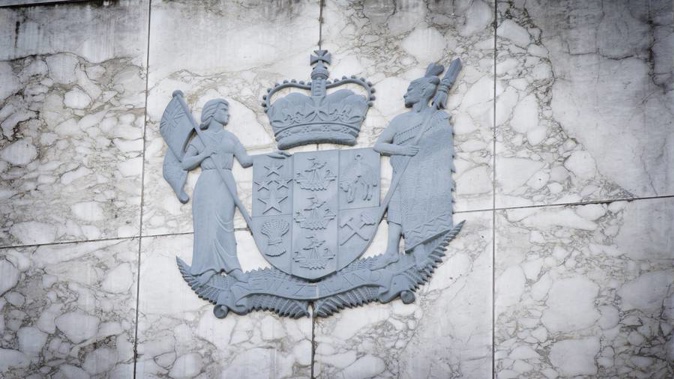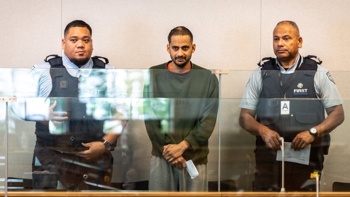
Judges in one of the country’s highest courts are weighing whether to uphold a family violence victim’s appeal against paying costs to her abuser.
The case stems from an earlier High Court judgment where the woman was ordered to pay $13,491 in costs after her appeal over a decision not to grant a protection order against the man was declined.
Although he was found by the lower courts to have been psychologically abusive, the courts did not impose a protection order and her appeal was heard today in a Court of Appeal hearing in Auckland.
Both parties have name suppression.
Legal counsel for the woman, Ben Keith, argued the order should be set aside, pointing to the wider issue of proceedings being used for abusive purposes, warning the court needed to be wary of making cost orders against abuse survivors.
While costs can be a “dry subject”, he said in the domestic violence sphere there were “very real” consequences spurring from them.
Justice Rachel Dunningham questioned whether he was arguing costs should not be imposed in domestic violence appeals.
Keith conceded in some family violence cases costs should be imposed, but they should reflect the statutory scheme.
He went on to detail two statutory regimes he said control the court’s discretion, the Care of Children Act 2004 and the Family Violence Act 2018.
Keith also put forward that costs were usually seen as an incentive for parties to conclude proceedings, however, this case was different because with Family Court matters, the parties may need future orders before the court if issues arise.
As well as this, he argued issuing cost orders may disincentivise people from initiating further action in the Family Court if they are still paying for the last proceeding.
In the UK, he said protection orders were usually made by Crown prosecution, so there were indemnities to say the Crown was responsible.
Lawyer for the respondent, Simon Jefferson, argued awards of costs derive from the simple application of established principles.
He told the justices he did not follow the access to justice argument from the appellant’s lawyer, but it may be his own “intellectual shortcomings”.
In his view, it was difficult to accept that a costs order in this case may have a “chilling effect” on those approaching the court in the first instance as costs are generally not awarded in initial trials.
“As far as the system is concerned, she has access, there’s no impediment.”
While he accepted “without demure” the earlier judges’ decision that his client’s behaviour fit the definition of psychological abuse, Jefferson said he struggled with the submission that awarding costs had the potential to continue abuse.
Jefferson argued the abuse the woman faced was minor and historic, which is why he said the protection order was not granted.
Furthermore, he told the justices the victim “exaggerates” her symptoms and had placed herself at risk of paying costs by appealing the earlier decisions.
Jefferson said costs had a place in these cases, which was not eliminated by arguing overriding statute principles.
His team also submitted New Zealand should not follow the approach of UK and Australian courts as those countries had different legislative regimes.
The justices have reserved their decision.
Katie Harris is an Auckland-based journalist who covers social issues including sexual assault, workplace misconduct, crime and justice. She joined the Herald in 2020.
Take your Radio, Podcasts and Music with you









